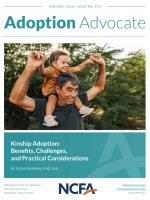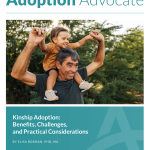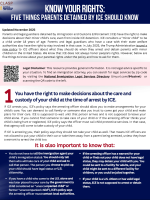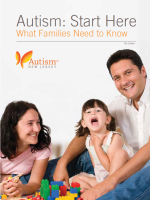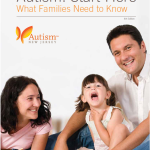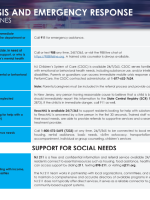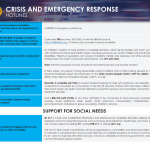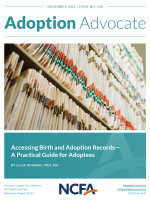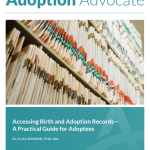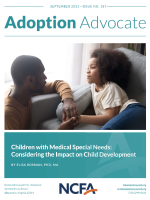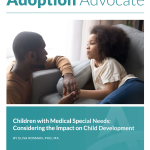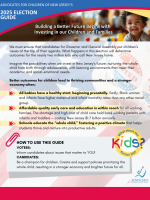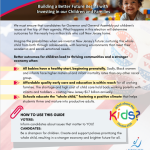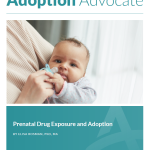Know Your Rights, Five Things Parents Detained by ICE Should Know
Autism: Start Here What Families Need to Know
Community Support Contacts 2025
Accessing Birth and Adoption Records – A Practical Guide for Adoptees
Children with Medical Special Needs: Considering the Impact on Child Development.
2025 Election Guide
Making History-A Social Workers Guide to Life Books
Putting the Pieces Together: The Significance of the Child’s Story
Adoption Advocate No 184
- 1
- 2
- 3
- …
- 17
- Next Page »

